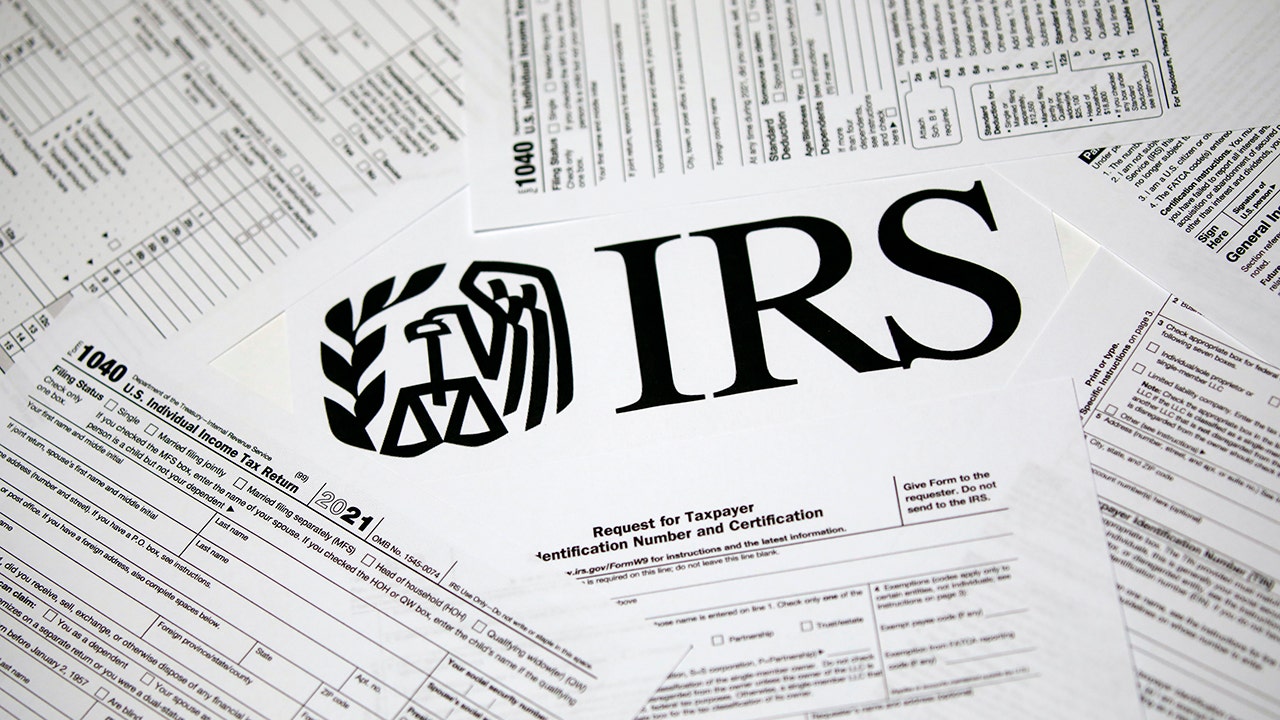Thu Mar 20, 2025 - 10:30 am EDT
(The Catholic Thing) — The unending process that is the Synod on Synodality has taken a new and unexpected turn. The current “Implementation Phase” of the three-year synodal path, following the conclusion of last Fall’s Synodal Assembly in Rome, has now become the preparatory phase for something no one has ever heard of in the Catholic Church, namely an “Ecclesial Assembly.”
In a March 15 letter to the bishops of the world, the General Secretariat of the Synod announced that it will now “start a process of accompaniment and evaluation of the implementation phase” of the conclusions of the Synodal Assembly’s Final Document by the dioceses of the world. “It will ultimately culminate in the celebration of an ecclesial assembly in the Vatican in October 2028. For now, therefore, a new Synod will not be convened; instead, the focus will be on consolidating the path taken so far.”
So, the synodal path now leads, ironically, to the canceling of the next synodal assembly, which will be replaced by a new and improved type of assembly that will stand in judgment over the whole synodal process: “the celebration of the ecclesial assembly in October 2028 will be structured in such a way as to offer adequate and sustainable times for the implementation of the Synod’s indications, while also providing some significant moments of evaluation.”
It seems, remarkably, that a synodal assembly itself is not an “adequate and sustainable” time to evaluate the work of implementing the synodal path.
Naturally, the question arises: What is an ecclesial assembly? Cardinal Mario Grech, Secretary General of the General Secretariat of the Synod, was interviewed on this question by Andrea Tornielli, Editorial Director of the Dicastery for Communications. Grech cautioned that “as we are dealing with the first time there will be an ecclesial assembly at the level of the entire Church, there are many things which have yet to be determined.”
READ: Pope Francis approves Synod implementation phase culminating in 2028 assembly
He is, however, perfectly clear on one point – it will be different from the synodal assembly: “the Assembly is ecclesial, which is meant to stress its distinct nature and function with respect to the synodal Assembly which we have just celebrated, which is and remains substantially an Assembly of Bishops.” [Emphasis added.]
Insofar as this statement has any discernible meaning, Grech seems to be suggesting that, even with the inclusion of non-bishops, the bishops were, unsurprisingly, the majority at the assembly of the Synod of Bishops. This, apparently, is not synodal enough.
So, the Ecclesial Assembly will not be “substantially” an assembly of bishops. It will be substantially an assembly of non-bishops, which means that most participants will be lay people. The Ecclesial Assembly will more or less mirror the demographics of the Ecclesia (Church) in which the clergy, let alone the bishops, make up a tiny fraction of the number of baptized Catholics.
 The Blind Leading the Blind by Pieter van den Heyden, 1561 (Cleveland Museum of Art, Cleveland, Ohio)
The Blind Leading the Blind by Pieter van den Heyden, 1561 (Cleveland Museum of Art, Cleveland, Ohio)Here we see the trajectory of the not-so-slow-motion revolution that goes by the name of synodality: The Second Vatican Council’s call for the creation of a Synod of Bishops to assist the pope in his governance of the Universal Church, primarily through periodic assemblies in Rome to discuss determined topics, became in Pope Francis’ pontificate a forum in which a select group of lay people, deacons, priests, religious men and women were joined together as equal participants, in voting but not in number, with the bishops at the synodal assembly.
Now, that way of proceeding has been judged to be inadequate for carrying out the work of synodality. A new gathering called an Ecclesial Assembly, in which bishops will not be the majority, will now have the final word on what synodality means and what the rest of the Church must embrace in order to be synodal.
Left unanswered by Cardinal Grech in the interview are these serious concerns:
- Why wasn’t the idea of an ecclesial assembly to replace the next ordinary assembly of the Synod of Bishops brought up and discussed at last Fall’s synodal assembly?
- Why weren’t the world’s bishops, in an exercise of synodal listening, consulted about the advisability of convoking an Ecclesial Assembly?
- Why is the synod itself incapable of evaluating the implementation of its own indications?
- What will the membership of the Ecclesial Assembly look like?
- How many people will be invited to be part of the assembly?
- What will be the percentages of clergy, laity, and religious selected, and who will do the selecting?
- Why will the assembly not be made up substantially of bishops?
- What does any of this have to do with the Divine Constitution of the Church given to us by Christ, in which bishops are set over the flock, not the flock over the bishops?
The Ecclesial Assembly will be hailed by a relative few as a long overdue embrace of progress, de-clericalizing the Church, and allowing the prophetic voice of the supposedly heretofore silenced laity to be heard and heeded.
It will be hailed as Vatican III.
If this assembly meets according to the form set forth by Cardinal Grech, it will be a destructive moment for the Church. The hierarchy alone was given charge by Christ “to teach, govern, and sanctify” the flock of Christ in His name and by His authority. The bishops under and with the pope are the sole shepherds by the express design of Our Lord. Their authority is not subject to the majority vote of any assembly of laity.
The bishops of the Church must oppose this manifestly anti-Catholic innovation that would turn the Church into something akin to a Protestant body.
Reprinted with permission from The Catholic Thing.
Your support makes stories like this possible!
LifeSiteNews is completely donor supported, allowing us to report on what truly is happening in the world, free of charge and uncensored. A donation to LifeSite will ensure millions around the world can continue to come to our site to find the truth people are so desperately searching for on life, faith, family and freedom.

 By LifeSiteNews (Politics) | Created at 2025-03-20 16:22:07 | Updated at 2025-04-04 22:59:24
2 weeks ago
By LifeSiteNews (Politics) | Created at 2025-03-20 16:22:07 | Updated at 2025-04-04 22:59:24
2 weeks ago








